72nd International Conference on VIBROENGINEERING is an integral part of Vibroengineering Series Conferences and will be held in Almaty, Kazakhstan.
The conference provides a global platform for researchers, scientists, engineers and practitioners to showcase their latest research results, stimulate debate, generate fresh concepts and foster collaboration. Vibroengineering Procedia is included in major scientific databases such as Scopus, EI Compendex, Gale Cengage, Google Scholar and EBSCO. Vibration Engineering conferences include various cutting-edge technical presentations, lively discussions, and worldwide participation from renowned experts and scientists. The conference provides an opportunity to share recent advances in research, exchange ideas on cutting-edge engineering technologies, and take advantage of extensive networking opportunities.
Keynote speakers
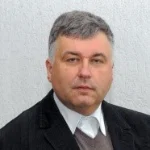


The field of sensors has seen significant advancements; however, emerging challenges related to ecology, cost pressures, and installation techniques have become increasingly important. Additionally, with the rapid growth of the Internet of Things (IoT), the demand for sustainable and cost-effective sensor solutions has intensified. This paper aims to provide an overview and classification of biodegradable sensors based on their materials. The review addresses the fundamentals of sensor manufacturing and examines materials associated with flexible pressure sensors and optical sensors.
Flexible sensors employ various sensing methods, including piezoresistive, fiber-based multi-contact, and material dimension-based resistance change. These sensors are produced in diverse physical forms, such as films, foams, and gels. Sensor materials are categorized into three groups: biological origin materials, artificial materials, and synthetic materials.
The review also highlights recent research findings and presents statistical data on the volume of studies conducted in this field. Finally, the paper concludes with a summary of key insights and generalizations.

As fossil fuels deplete and the global shift toward decarbonization accelerates, distributed power generation using renewable sources such as photovoltaic (PV) and wind energy is rapidly expanding. To support stable power supply, energy storage systems (ESS) and water electrolysis units are increasingly adopted. While thyristor-based phase-controlled rectifiers have traditionally powered electrolysis systems, they suffer from low power factors. Vienna rectifiers, with their high efficiency and improved power quality, are gaining attention as a superior alternative.
However, a key challenge in Vienna rectifiers is the 180 Hz voltage ripple at the DC-Link midpoint, which can compromise system performance. This presentation proposes a novel ripple mitigation method using a parallel configuration: one module connects to the a, b, c phases and the other to the -c, -a, -b phases. This setup cancels the 180 Hz ripple without additional control circuits, offering a simpler, cost-effective solution validated through simulation.









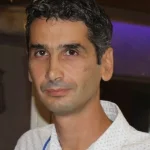
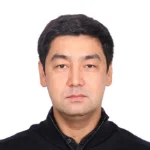




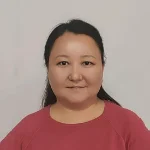

Fees
For those participating live: Publication in Vibroengineering Procedia, Conference materials, lunch and coffee breaks.
For those participating online: Participation in online conference event, publication in Vibroengineering Procedia and certificate.
Conference Program
Sponsors and Partners
Conference in Almaty, Kazakhstan was organized by Extrica with the partnership of ALT University.
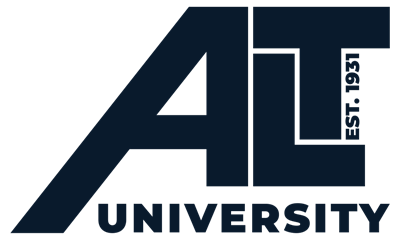
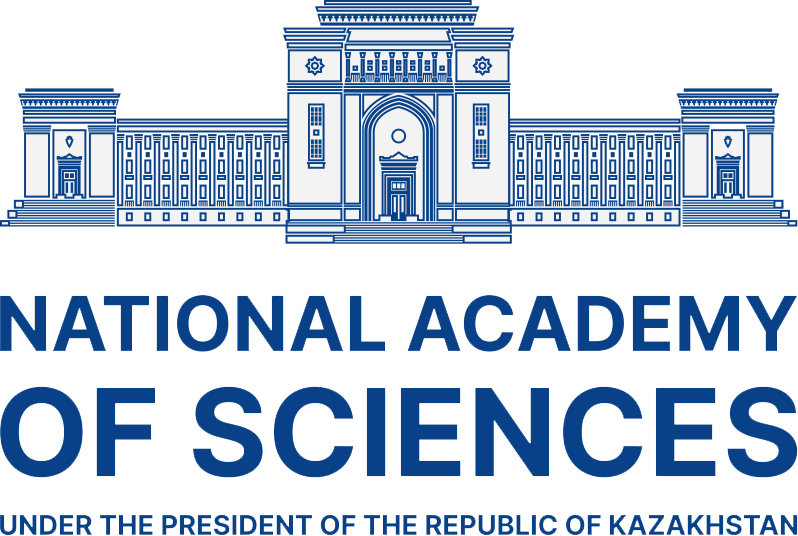
The National Academy of Sciences of the Republic of Kazakhstan (NAS RK) iunites the country’s leading scientists, including academicians and corresponding members, and has over 200 members, as well as foreign, honorary members and professors. Founded on June 1, 1946, it became the main scientific center of Kazakhstan, coordinating research and contributing significantly to the development of natural resources and the country’s economic, social, and intellectual progress.
In 1999, NAS RK was established as a state institution by presidential decree. In 2022, it regained state status following an initiative announced by President Kassym-Jomart Tokayev, emphasizing its role as a key center of scientific thought and expertise. In 2022–2023, the Academy was reorganized as a non-profit joint-stock company with 100% state participation and officially renamed "The National Academy of Sciences of Kazakhstan under the President of the Republic of Kazakhstan".


